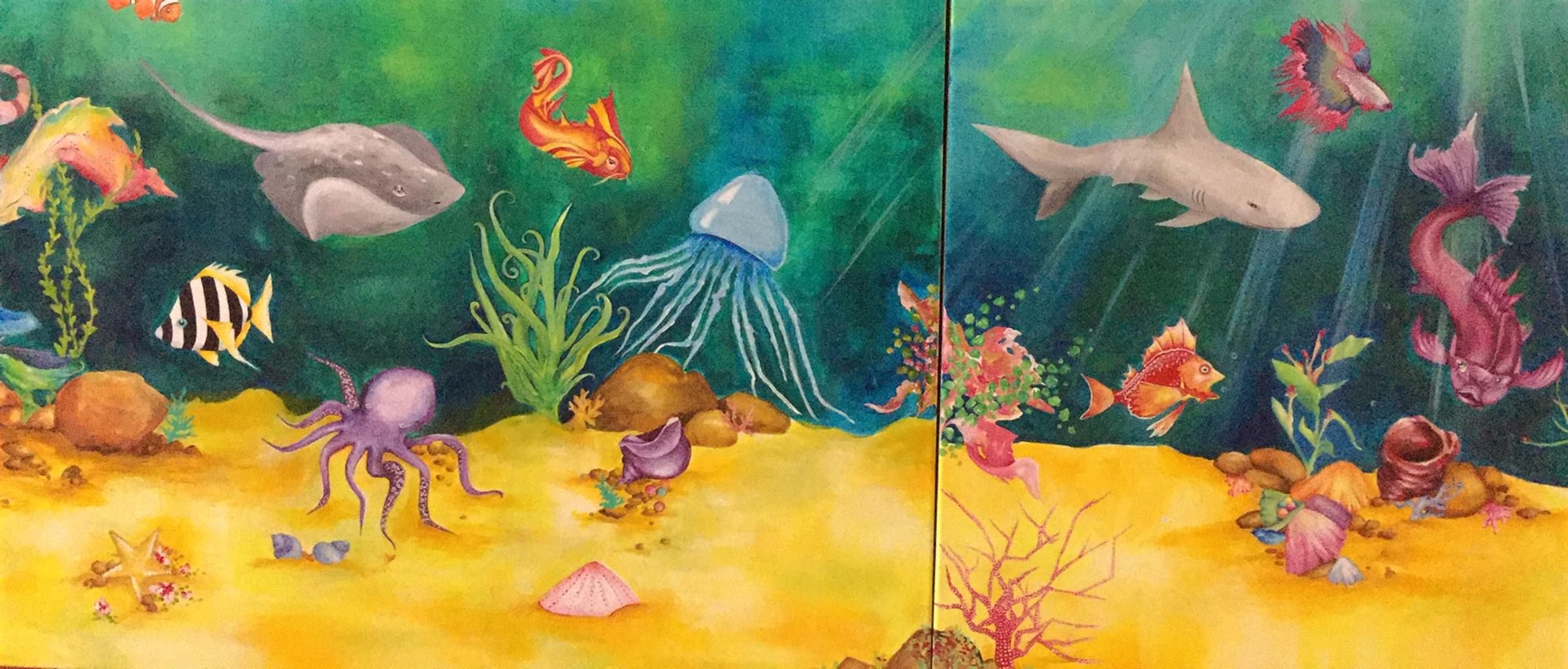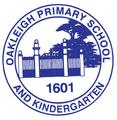From the Principal

NAPLAN
The National Assessment Program – Literacy and Numeracy (NAPLAN) is administered in Years 3, 5, 7 and 9 and measures the performance of educational programs, schools and each student’s literacy and numeracy achievements against benchmarks. NAPLAN is one of many assessment tasks undertaken by schools to measure student’s achievement at a point in time and is also a way to measure the nation’s literacy and numeracy skills. This year students in Year 3 and Year 5 will sit the NAPLAN test from this week, earlier than in previous years and testing will run over two weeks. NAPLAN tests will be completed online, apart from the Year 3 Writing test. NAPLAN gives us a picture of several aspects of students’ learning. These include: their performance under test conditions, their basic use of punctuation, grammar, spelling ability, numeracy skills, and ability to writing a persuasive or narrative text and answer questions about texts.
NAPLAN can track a student’s growth from one NAPLAN test to the next (Year 3 to Year 5). This data is something we consider important as we aim for all our students to improve over time regardless of their starting point.
NAPLAN can help identify areas of strength and areas for improvement. Used effectively it gives us information to help us improve and provide a differentiated curriculum.
Despite all that NAPLAN can measure, it only tells part of the story of literacy and numeracy achievement. It does not represent student achievements across the year, nor across the breadth of the curriculum which schools use to evaluate their programs. It can be seen as an analysis of their achievement at a point in time.
It does not measure engagement in learning. Engagement in learning is pivotal to long term success. Does your child enjoy reading and writing, do they willingly engage in numeracy tasks and can they use these skills outside a test situation – in real life situations? Do they have a growth mindset?
NAPLAN does not measure a students’ creativity or problem solving skills. Students are asked to respond correctly to questions or problems, rather than give creative responses with high levels of complexity.
Standardised tests like NAPLAN can also be very stressful for students which can impact their results. Not all students perform well under test conditions.
By its nature there are only right and wrong answers. Mistakes are essential if schools are going to encourage original thoughts. Lateral and creative thinking is required to conquer challenges like social justice, environmental issues and global citizenship. Students will need to take risks, understand that problems may have multiple solutions and not always look for one answer or one way of doing things.
STEAM at Oakleigh Primary School
For the first time this year students from Foundation to Year 6 are attending lessons once a fortnight in our STEAM Centre. These sessions are being led by Delia, one of our teachers, who has a passion for this field and is skilled in creating open ended activities which engage all the students attending. This room will be used by students during the year to develop their knowledge and skills in these disciplines.
What is STEAM?
STEAM education and training covers the specific knowledge and skills found in science, technology, engineering, the ARTs and mathematics disciplines. It also covers the interrelationship between these areas, allowing learning to be delivered in an integrated way, helping a deeper engagement in the five disciplines.
Development of STEAM skills at all stages of life will also inspire curiosity, creativity and collaboration and drive innovation and growth throughout our economy. Through an exciting and engaging STEAM education, learners of all ages can acquire skills that will give them an edge – so they can be smarter, more innovative and use new and emerging technologies to solve problems and extend their knowledge and understanding.
- In 2018 the Australian of the Year was a female scientist, Professor Michelle Simmons. Michelle has pioneered research that could lead to a quantum leap in computing. At the forefront of what she calls the “space race of the computing era”, Michelle aims to build a quantum computer able to solve problems in minutes that would otherwise take thousands of years. Such a discovery has the potential to revolutionise drug design, weather forecasting, self-driving vehicles, artificial intelligence and more. She demonstrates many character strengths, in particular curiosity, teamwork, creativity and perseverance. Michelle actively encourages all students – girls and boys – to dream big, challenge themselves and to achieve ambitious goals in science. As well as being proud that she represents Australia, I am also proud that she demonstrates what women can achieve.
- Currently only 24 of the 618 Nobel Prize Laureates for Physics, Chemistry or Medicine have been woman. To some degree this lack of recognition contributes to the misconception that women cannot do science or, at least, not as well as men.
- The COVID 19 outbreak and worldwide ramifications from Climate Change have given us a greater awareness of the importance of supporting our research scientists, ICT designers and technicians. Australia plays a lead role in scientific research which is something, in my opinion, that is not acknowledged often enough in the media or by Government.
- It is my fervent hope that through this addition to our Specialist Programs we will inspire many of our students to pursue careers in these fields.
Michele Nolan
Principal
michele.nolan@education.vic.gov.au
